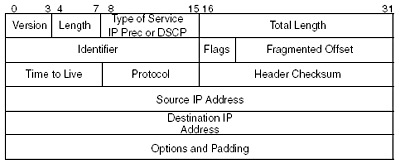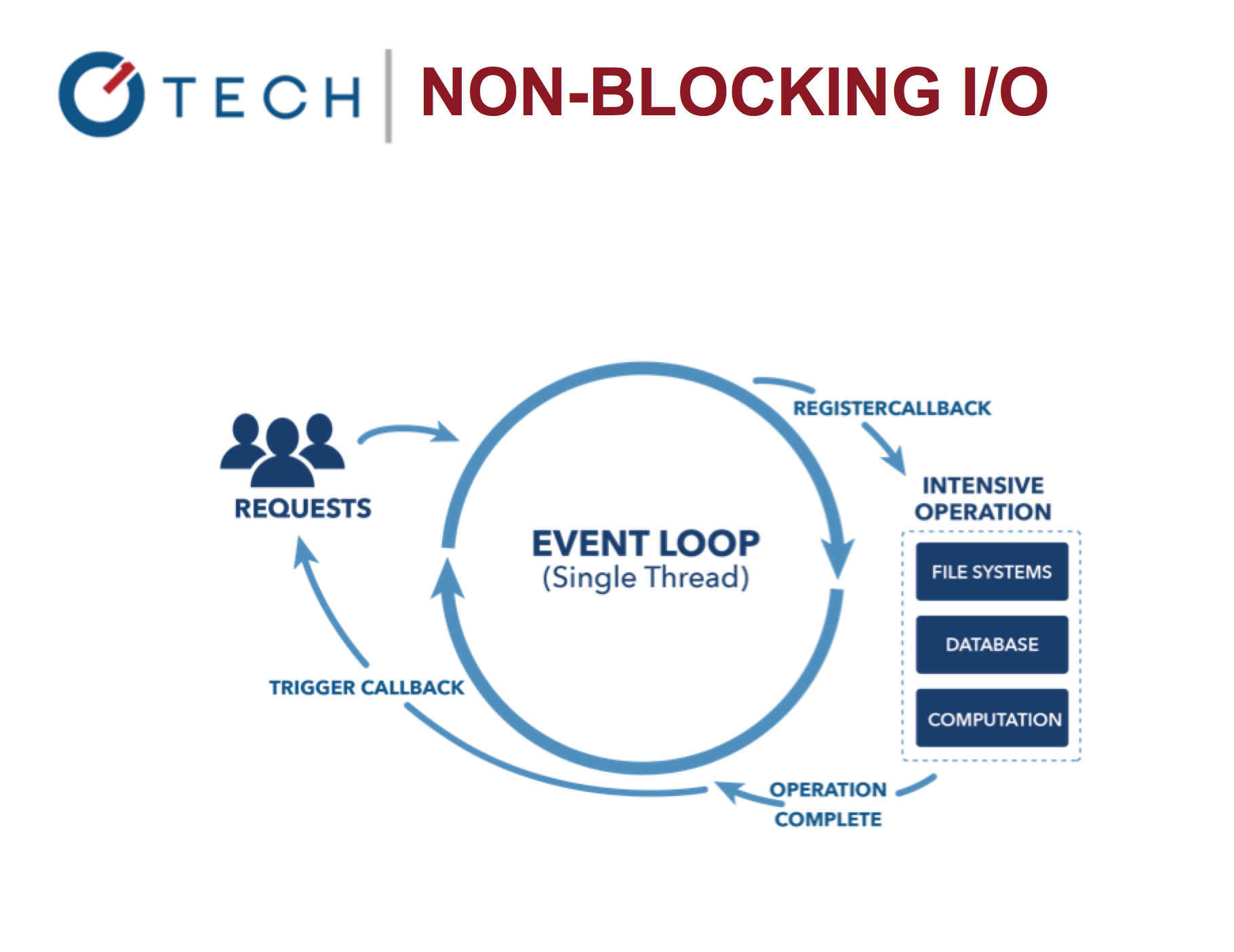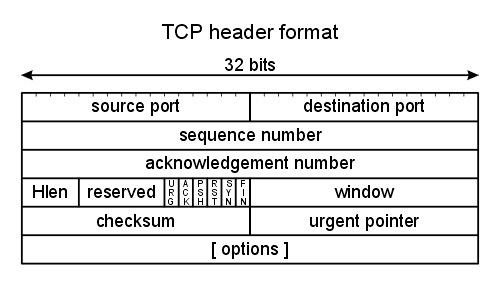Preparation for interview
My preparation for Ruby on Rails interview.

Summary of YouTube lectures of Ruby on Rails Courses
Lecture 1. Ubuntu install. Linux basics. RVM and Ruby install. Ruby Pros and Cons
Ruby is interpreted, dymamic, object-oriented programming language.
- JIT — Just-in-Time compiling
- MRI — Metz Ruby Interpreter
- MJIT — MRI JIT
- YARV — Yet Another Ruby VM
- YARV-MJIT — modified MJIT
- LLRB — LLVM Ruby JIT
- LLVM — Low Level Virtual Machine
- GCC — GNU Compilers Collection
- JVM — Java virtual machine
RubyKaigi 2017, September 18..20, Hiroshima, Japan #rubykaigi
Ruby 3 and JIT: Where, When and How Fast?
REPL — Read Evaluate Play Loop — irb interactive Ruby
#!/usr/bin/env ruby
$ ruby —dump parse-tree
Book: “Agile Web Development with Rails 5”
Pipeline pattern
gem 'interactor'
Lecture 2. Ruby basics. Classes and modules
Variables
- $global_variable
- local_variable
- @@class_variable
- @instance_variable
- CONSTANTS
.freeze
Functions
arr.reduce(&:*) # multiply all elements of array
def func(first:, last:, a: nil, b:, c: true)
end
Classes
Book: “Ruby under microscope”
Modules
Module Test
include ‘test’ # instance methods
prepend 'test' # precedence over include
extend ‘test’ # class methods
# ...
end
Lecture 3. Classes and Modules. Ruby Object Model. Lambdas vs Procs vs Blocks
self — current recipient of the message
Block, Proc, Lambda
- Blocks — are not objects
- Blocks are faster — no need for object creation
- Proc, Lambda — are objects
- Proc is insensitive to the number of arguments (may pass more on call)
- Behavior on
return:
Anecdote:
Proc and Lambda got into some sort of fight in a pub, and then
Proc — flies off the pub
Lambda — flies off the handle
To call lambda use .call, [], ===
case
when ->(v) { |v| v % 2 == 0 }
end
a = Array.new(5) { |index| index }
Lecture 4. Metaprogramming
alias_method :old_plus, :+
# Pattern decorator
.send()
.define_method()
.undefine_method()
attr_reader
attr_writer
attr_accessor
.method_missing(name, *args, &block)
eval ‘’
.instance_eval ‘’
.class_eval ‘’
Lecture 5. Ruby Tips and Tricks. Array, Hash methods
arr.first(3) = arr.take(3)
arr.last() = arr.drop()
.each .reverse_each
.cycle
.sort_by(&:itself)
‘’.to_i(2)
.to_s(2)
Lecture 6. Gems. Ruby testing
Semantic versioning:
major.minor.patch
For example: ruby 2.4.1
Bundler
Minitest
RSpec
Timecop
stab — to substitute state,
mock — to substitute behaviour
Lecture 7. Web basics. Rack
TCP/IP stack
- Application layer — HTTP, RTSP, FTP, DNS
- Transport layer — TCP, UDP, SCTP, DCCP
- Internet layer — Для TCP/IP это IP
- Link layer — Ethernet, IEEE 802.11 WLAN, SLIP, Token Ring, ATM и MPLS
OSI stack
- 7: application — HTTP, FTP, SMTP, RDP, SNMP, DHCP
- 6: presentation — ASCII, EBCDIC, JPEG
- 5: session — RPC, PAP
- 4: transport — TCP, UDP, SCTP, PORTS
- 3: network — IPv4, IPv6, IPsec, AppleTalk
- 2: data link — PPP, IEEE 802.22, Ethernet, DSL, ARP, L2TP
- 1: physical — USB, twisted pair, coaxial cable, fibre cable
IP header
 

TCP header
Rack
# config.ru
run ->(env) { [200, {}, ['Hello world']] }
$ rackup
Node.js Event loop

Lecture 8. HTML, CSS, JS basics. Sinatra introduction
ERB
slim-lang.com
HTML2Slim
haml.info
CSS
SASS — Syntactically Awesome Stylesheets
JavaScript
CORS — cross-origin resource sharing
CoffeScript
Sinatra
Lecture 9. ActiveRecord Part 1, Part 2
ORM — Object-Relational Mapping
Patterns
- Data mapper
- Active record
gem ‘activerecord’
Migrations
create table :cars do |t|
# …
t.ref references :user, foreign_key: true, index: true
end
class User < ActiveRecord::Base
has_many :cars, dependent: :destroy
end
class Car < ActiveRecord::Base
belongs_to :user
end
Query
.find()
.find_by()
.where()
.order()
.limit()
.joins()
.pluck()
.destroy()
.save()
.update()
Callbacks
STI — Single Table Inheritance
Data Types
:primary_key
:string
:text
:integer
:bigint
:float
:decimal
:numeric
:datetime
:time
:date
:binary
:boolean
t.string 'tags', array: true
t.hstore 'settings'
t.json 'payload'
t.jsonb 'payload'
t.daterange 'duration'
t.column :status, :article_status
t.uuid :identifier
t.column :settings, "bit(8)"
t.inet 'ip'
t.cidr 'network'
t.macaddr 'address'
t.references
Lecture 10. Padrino
Lecture 11. Rails basics
Rails:
- actioncable — to work with websocket
- actionmailer — work with mail
- actionpack —прослойка для работы приложения
- actionview — helpers to work with view
- activejob — to run background jobs
- activemodel — validations for Active Record
- activerecord — ORM
- activesupport — i18n, timezone, minitest
- railties —
- sprockets-rails —
Rails composer
Lecture 12. Rails routing and controllers
CRUD — create, read, update, delete
routes shallow
params
cookies
session
flash
URI: schema://user:password@host:port/path?query#fragment
send_file
Lecture 13. Rails template engines. Assets pipeline. Rails form builders
erb — embedded ruby
respond_to do |format|
format.html
format.json do
render json: @authors
end
gem 'oj' — optimized JSON (with native extensions)
gem 'faker'
gem 'ryba'
Lecture 14. Rails background jobs. Rails action cable
gem 'sidekiq'
gem 'whenever'
# Action Cable
gem 'anycable'
Lecture 15. Deploying Rails Application
gem 'capistrano'
Setup Ruby On Rails on Ubuntu 16.04
Usefull resources to prepare for interview
- Rubyroid Labs Hacks: How We Interview Ruby on Rails Developers
- Programmer’s interview quizes
- How to become a good programmer: Google way
- How to pass interview in Silicon Valley
- Spice IT Recruitment articles
- Preparing to technical interview
- CCNA self-preparation
- Ruby on Rails Guides
- Ruby on Rails Guides (RU)
 




